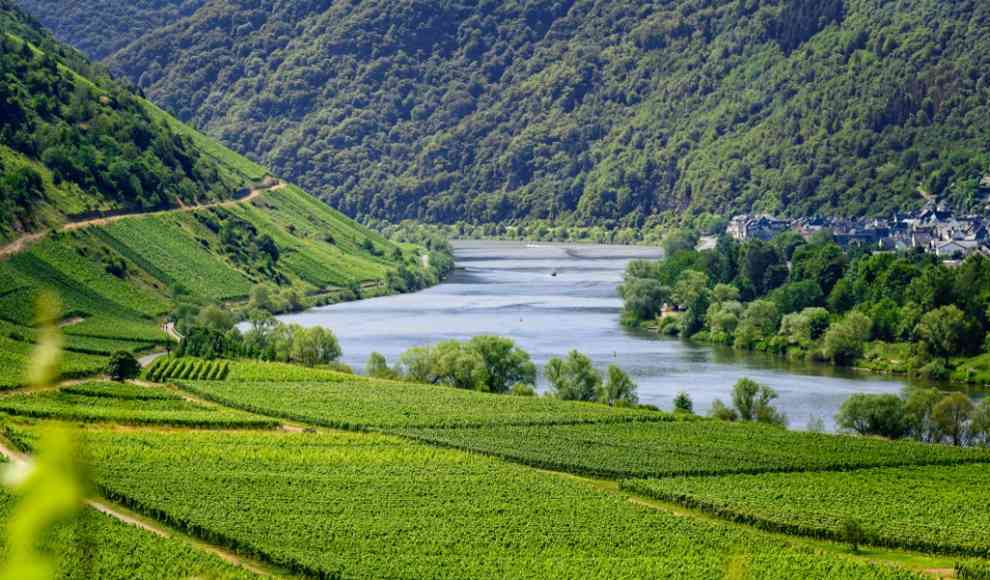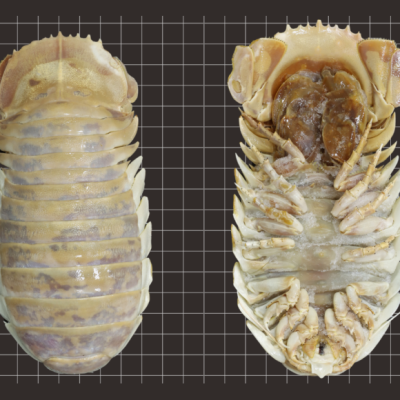A recent study published in Ecology Letters by scientists from the University of Natural Resources and Life Sciences in Vienna, the University of California Davis, and the University of Granada has found that sustainable viticulture in natural landscapes significantly reduces pest infestations and pesticide use compared to monoculture environments. The study focused on vineyards and the infestation of the grapevine moth (Lobesia botrana) and the use of insecticides. The results showed that in regions with a monotonous environment, where vineyards dominate, the infestation of pests was four times higher than in regions where vineyards and natural landscapes were in balance. The study suggests that a monotonous agriculture system favors a higher population of grapevine moths, leading to a significant increase in the use of insecticides.
According to the researchers, monoculture environments provide the perfect conditions for the mass development of grapevine moths, leading to increased use of insecticides to maintain high yields. The study found that compared to natural landscapes, monoculture environments require twice as many pest control measures in viticulture. The researchers suggest that preserving the environment is not only ecologically sound but also economically beneficial. Sustainable grape production involves neighboring winemakers agreeing to maintain natural landscape elements between their vineyards. The study concludes that the loss of income due to lower yields is largely compensated for by savings in pesticide use.
Silvia Winter, from the Institute of Plant Protection at the University of Natural Resources and Life Sciences in Vienna, notes that “the cultivation of plants in monoculture creates the perfect conditions for mass development of grapevine moths. Therefore, these winemakers have increasingly used insecticides to achieve high yields under constant pest pressure.” The study highlights the importance of sustainable viticulture in natural landscapes, which reduces pest infestations and pesticide use, benefiting both the environment and the economy.
In conclusion, the study emphasizes the need for sustainable viticulture practices that balance vineyards with natural landscapes to reduce pest infestations and pesticide use. The findings suggest that preserving the environment is not only ecologically sound but also economically beneficial. The study provides valuable insights for winemakers and policymakers to promote sustainable viticulture practices that benefit both the environment and the economy.










